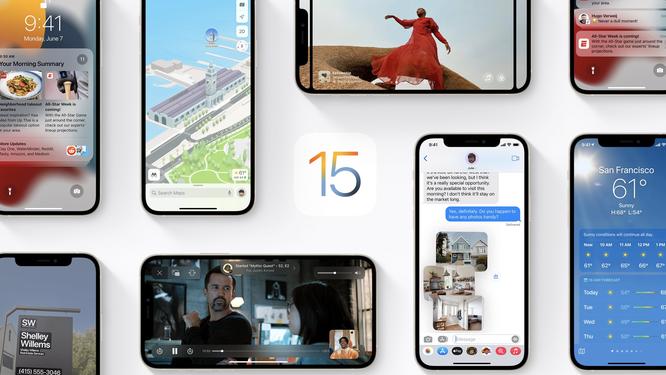iOS 15.3 Features: Everything New in iOS 15.3
Apple on January 26 finally released the iOS 15.3 and iPadOS 15.3 updates to the public, but unfortunately, these updates are focused more on security fixes than outward-facing changes.
You won't find fun new feature additions to iOS 15.3 when updating, but it is imperative to install the new software because there are important vulnerability fixes that will keep you safer online.
Safari Bug Fix
Apple in this update addressed a Safari vulnerability that was widely publicized.
In Safari in iOS 15 and iPadOS 15, there was an issue with Apple's WebKit implementation of the IndexedDB JavaScript API. Websites that use IndexedDB were able to access the names of IndexedDB databases generated by other websites during the same browsing session, which essentially allowed a malicious website to spy on other websites that a Safari user visited.

After updating to iOS 15.3 and iPadOS 15.3, the Safari bug will be patched, so the vulnerability can no longer be used to glean details about your recent browsing history and identity. You do need to update even if you use Chrome because Chrome on iOS 15 is impacted, and if you have a Mac, you'll want to check for macOS 12.2, which fixes the same Safari bug.
IOMobileFrameBuffer Bug
iOS 15.3 also fixes a memory corruption bug that could allow a malicious application to execute arbitrary code with kernel privileges. Apple says that this bug may have been actively exploited, which means that hackers were using it in the wild and some iOS users may have been impacted.
HomeKit Camera Thumbnails Fix
iOS 15.3 and iPadOS 15.3 resolve an issue with HomeKit camera thumbnails failing to refresh for some users in the Home app.
HomeKit Secure Video cameras added to the Home app each have a thumbnail that provides a still view of recent footage, and normally these thumbnails automatically refresh periodically. In recent weeks, the thumbnails had failed to refresh for some users, but the bug appears to have been fixed on iOS 15.3 and iPadOS 15.3.
Other Bug Fixes
The iOS 15.3 and iPadOS 15.3 updates also address several other vulnerabilities with ColorSync, Crash Reporter, iCloud, and the Kernel, but none of these were known to have been actively exploited.
When a bug is patched that was actually used by hackers and other malicious entities, Apple reports it, but that's not the case here. The only known actively exploited vulnerability was the IOMobileFrameBuffer bug outlined above.
Details on all of the bugs fixed in iOS 15.3 and iPadOS 15.3 can be found in Apple's security support document.
How to Update
You'll want to update to iOS 15.3 right away to get these important security fixes. To do so, open the Settings app on your iPhone or iPad and select General -> Software Update.








